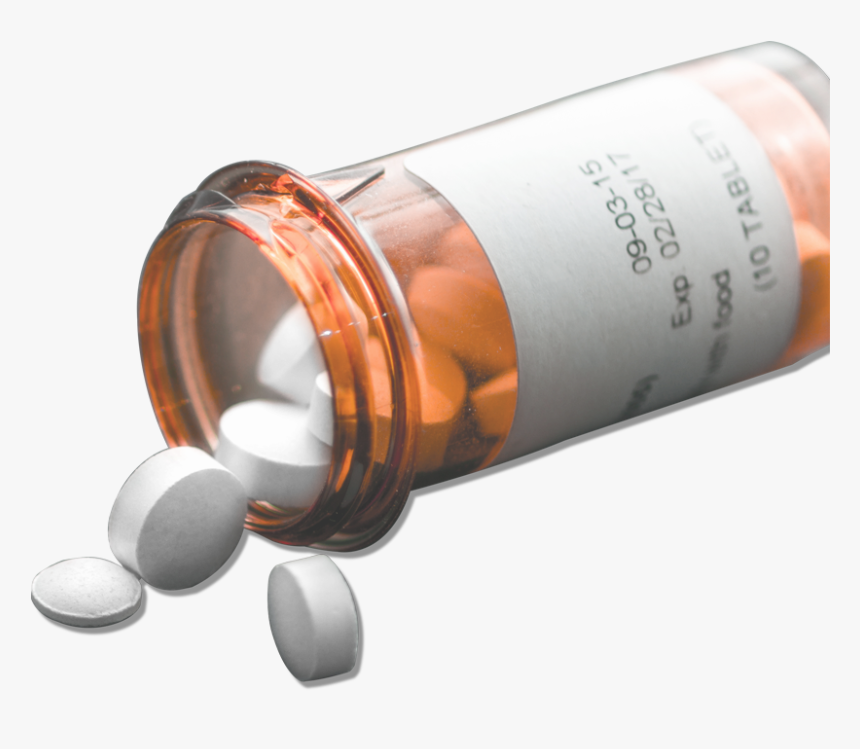Living with OCD can be an overwhelming and distressing experience, but fortunately, there are effective treatments available to help individuals regain control and find balance in their lives. In this article, we will explore various OCD treatment options, with a particular focus on teen rehab and addiction recovery for teenagers. Adolescence can be a challenging time, and when OCD is added to the mix, it can make things even more difficult. However, with the right support and interventions, teenagers can overcome the challenges of OCD and lead fulfilling lives. So, let's delve into the world of OCD treatment and discover how it can bring about positive change in the lives of young individuals seeking recovery.
Types of OCD Treatments
There are various types of treatments available for individuals coping with OCD. It is crucial to identify the most effective approach in order to provide the necessary support and guidance for recovery. Below are three commonly used OCD treatment methods:
Cognitive-Behavioral Therapy (CBT): CBT is a widely recognized and effective approach for OCD treatment. It involves working closely with a therapist to identify and challenge unhealthy thoughts and behaviors related to obsessive-compulsive disorder. Through this therapy, individuals can learn new strategies to manage their obsessions and compulsive behaviors, leading to improved quality of life.
Medication: Medication can play a significant role in treating OCD symptoms, especially when used in conjunction with therapy. Selective serotonin reuptake inhibitors (SSRIs) are commonly prescribed to regulate serotonin levels in the brain, which can help reduce anxiety and control obsessions and compulsions. It is essential to consult with a medical professional to determine the right medication and dosage for each individual's specific needs.
Teen ADHD treatmentInpatient Teen Rehab Programs: In cases where OCD co-occurs with addiction or substance abuse issues, inpatient teen rehab programs can provide comprehensive treatment. These programs offer a structured and supportive environment for teenagers to address their OCD symptoms while also receiving assistance with addiction recovery. Through a combination of therapy, medication management, and peer support, teens can embark on a path towards improved mental health and overall well-being.
By understanding the different types of OCD treatments available, individuals and their loved ones can make informed decisions regarding their journey towards finding balance and achieving effective treatment for OCD.
Teen Rehab Programs for OCD
Teenagers struggling with obsessive-compulsive disorder (OCD) often require specialized treatment to effectively manage their symptoms and work towards recovery. Fortunately, there are several rehab programs available specifically tailored to meet the unique needs of teens facing OCD. These programs offer a range of comprehensive therapies and support systems designed to promote healing and long-term wellness.
One such option is teen rehab programs that provide a multidisciplinary approach to OCD treatment. These programs typically incorporate evidence-based therapies such as Cognitive Behavioral Therapy (CBT) and Exposure and Response Prevention (ERP). CBT helps individuals identify and challenge negative thought patterns, while ERP exposes them gradually to anxiety-provoking situations and helps desensitize their fears. By combining these approaches, teens can develop coping mechanisms and learn to resist engaging in compulsive behaviors.
Another important aspect of teen rehab programs for OCD is the inclusion of family involvement. Recognizing that a strong support system can greatly enhance treatment outcomes, these programs often offer family therapy sessions. Involving the entire family can help foster understanding, improve communication, and provide a more consistent and supportive environment for the teen's recovery journey.
In addition to therapy, rehab programs for teens with OCD may also offer various experiential therapies. These can include art therapy, recreational activities, and mindfulness practices. Engaging in these activities can help teens reduce stress, improve self-expression, and develop healthy coping strategies outside of therapy sessions.
Overall, teen rehab programs for OCD provide a holistic and structured approach to treatment, addressing the physical, emotional, and social aspects of the disorder. With a combination of evidence-based therapies, family involvement, and additional experiential activities, these programs aim to support teenagers in their journey towards managing OCD and achieving lasting recovery.
Addiction Recovery for Teenagers with OCD

Teenagers with OCD often face unique challenges when it comes to addiction recovery. The intersection of obsessive-compulsive disorder (OCD) and substance abuse requires a specialized approach to ensure effective treatment. In teen rehab facilities, professionals are trained to address the complexities of both conditions simultaneously, providing comprehensive care that promotes long-term recovery.
Rehab for teens with OCD aims to create a supportive environment that recognizes the interconnectedness of addiction and OCD symptoms. By addressing the underlying causes and triggers of both conditions, professionals can guide teenagers towards healthier coping mechanisms and sustainable recovery.
Integrating evidence-based therapies such as Cognitive-Behavioral Therapy (CBT) and Exposure and Response Prevention (ERP), rehab programs for teenagers with OCD offer tailored interventions. These therapies help individuals challenge their unhealthy thought patterns and behaviors, gradually reducing their reliance on addictive substances. Simultaneously, rehab for teens equips them with the skills necessary to manage their OCD symptoms effectively on an ongoing basis.
By focusing on holistic healing, addiction recovery for teenagers with OCD aims to address the physical, mental, and emotional aspects of their well-being. Rehabs often provide education on healthy lifestyles, stress management techniques, and emotional regulation strategies. Additionally, they involve family members in the treatment process, offering guidance and support to parents and guardians as they navigate their child's recovery journey.
In conclusion, rehab for teenagers with OCD combines specialized approaches to address the unique challenges presented by the coexistence of addiction and obsessive-compulsive disorder. Through comprehensive care and evidence-based therapies, teens can gain the necessary tools to achieve lasting recovery and a healthier, more balanced life.

